
The Mongolian Prime Minister resigned this week, following a resounding no-confidence vote after a series of fierce protests in the capital, Ulaanbaatar, amid reports of lavish spending by his son.
However, Oyun-Erdene Luvsannamsrai has countered that the outcome of the vote was politically motivated, as his exit marks the collapse of his ruling coalition.
There had been weeks of mass protests after members of Oyun-Erdene’s family were reportedly photographed holidaying and on a shopping spree, flaunting luxury clothing bags.
The shift in mood is a blow to Rio, given the outgoing prime minister was one of the biggest political supporters of the giant Oyu Tolgoi copper mine that is jointly owned by Rio and the Mongolian government. Rio is Oyu Tolgoi’s operator and holds 66 per cent of the venture, while the national government holds the rest.
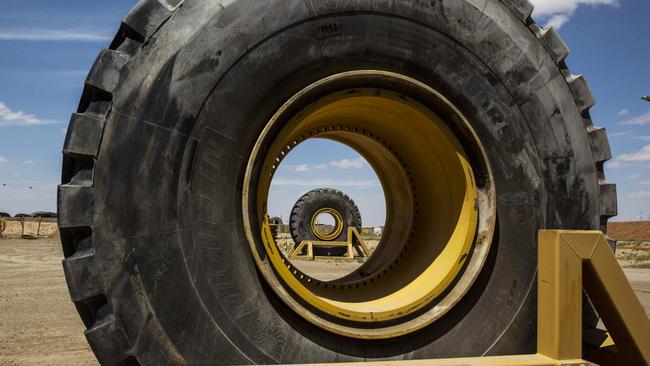
The developments mark the end of a period of relative calm for Rio in Mongolia, with Stausholm investing heavily in keeping relations smooth after decades of feuding between Rio and Mongolia that delayed the opening of the $US7bn ($10.6bn) mine. Today, the copper mine represents one of Rio’s biggest growth options.
The landlocked Mongolia is wedged between China and Russia. The former communist state has emerged as one of Central Asia’s few democracies, although it is fragile.
Given the country’s vast mineral wealth, there’s regular fear of political influence from Beijing or several of its Asian neighbours and to a lesser extent Russia.
For context, just a little more than three decades ago, Mongolia had been entirely dependent on the Soviet Union. For further context, Rio’s chairman, Dominic Barton, knows how volatile politics is, given he was Canada’s former ambassador to China when relations between those two countries had broken down.
The loss of confidence in Oyun-Erdene signals the end to the nation’s ruling coalition, with his Mongolian People’s Party now effectively in opposition. For Rio, this is a concern, as protesters are likely to demand any new government claws back a bigger slice of the country’s mineral wealth. This could extend to more control of Oyu Tolgoi.
While nationalisation of the mine is a low risk, for a developing country where poverty is widespread there could be a populist push for bigger concessions or even more tax revenue from the mine.
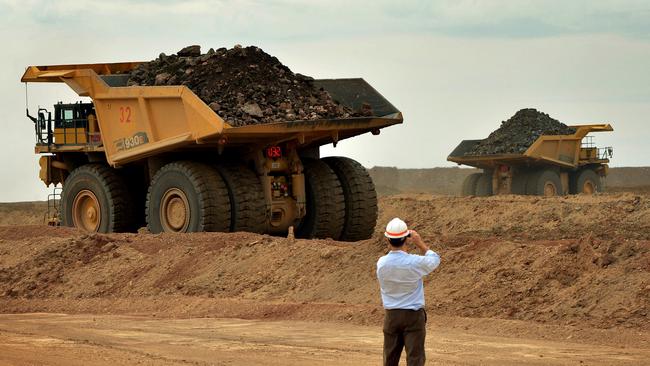
The outgoing prime minister is widely seen as pro-democracy, and through his four years in power drove new investment and pushed through a series of economic reforms, including a crackdown on corruption (he is now subject to an anti-corruption investigation).
Oyun-Erdene will continue to serve as a caretaker prime minister until a successor is chosen by a fractured parliament.
The storm in Mongolia has the potential to change the dynamics of Rio’s own leadership race, pushing internal contender Bold Baatar, where he only had a slight lead over iron ore boss and Australian Simon Trott.
Baatar, Rio’s chief commercial officer and former copper boss, is a Mongolian-American and former Wall Street banker who Stausholm hand-picked to lead negotiations on a recutting of an agreement in favour of the Mongolian government.
After years of tension between Rio and Mongolia, Oyun-Erdene had opened the door by delivering a shift in tone, allowing an opening for complex negotiations to move ahead with Stausholm to get things moving with the mine.
Now Rio is also in a flux. Just last month, Rio’s board last month pushed out Stausholm. Where Stausholm was seen as a fixer for Rio’s mounting external issues, the miner is now looking for a new CEO to drive it into an execution phase with several large projects under way.
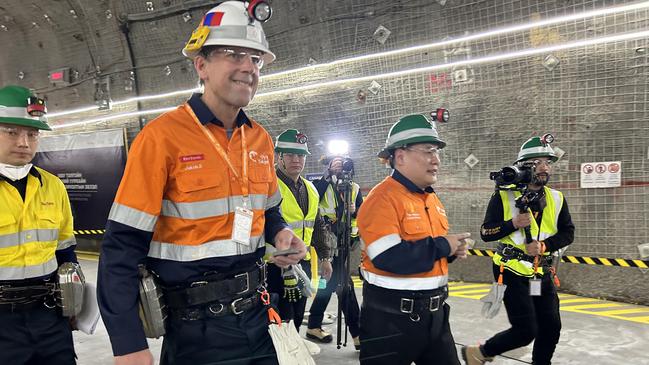
Underscoring the surprise timing of the exit, Rio is only now beginning its global search, although Stausholm has agreed to remain until later this year. A new CEO will need to move fast to ensure political tensions don’t engulf Oyu Tolgoi.
While Stausholm was appointed at the start of 2021 to fix Rio’s Juukan Gorge caving mess, the new boss also saw urgency in repairing a badly frayed relationship with Mongolia. A breakdown in relations had become a hurdle for a critical underground expansion of the mine. There were bitter disputes over demands around investment and revenue sharing. At one point, this resulted in construction halting on the project for almost two years.
A heads of agreement between Rio and Oyun-Erdene’s government was signed just four months after Stausholm took charge, and a more comprehensive package was agreed on at the start of 2022.
This involved Rio waiving $US2.4bn of debt the Mongolian government had in the project. Rio also agreed to provide the bulk of the funding and to underwrite a renewable power project for the expansion of the Mongolian energy grid.
Today, Oyu Tolgoi represents almost a third of Mongolia’s GDP, it employs more than 12,000 people directly – more than 96 per cent Mongolians. There’s extensive training, investment in technology, and thousands more indirect jobs flowing from the mine.
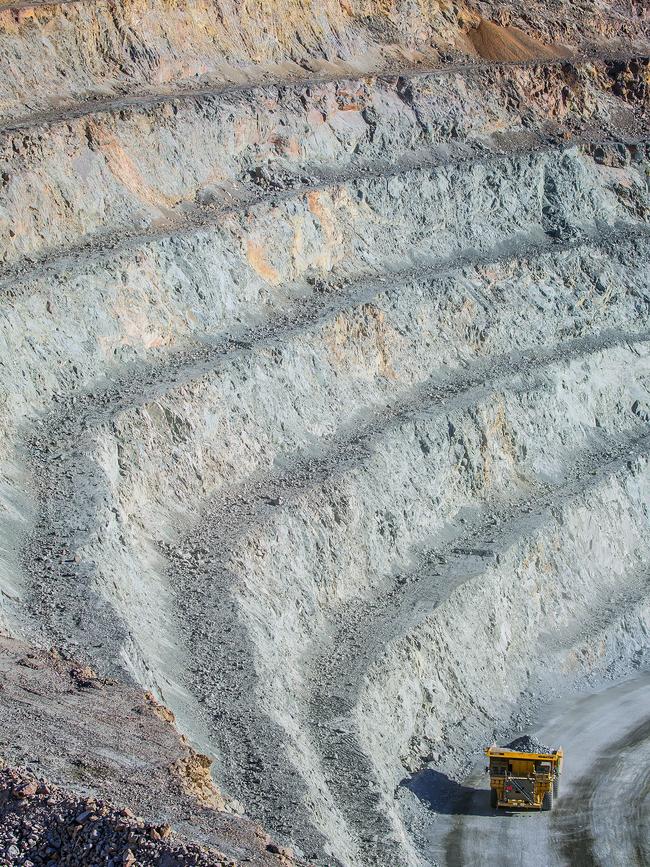
Stausholm has long believed his “Sunshine Policy” towards Mongolia would provide the insulation needed in the face of potential political upheaval. By getting the ESG right, Oyu Tolgoi could also be held up as an example of Rio being a good corporate citizen, giving it a licence to operate in other parts of the world.
Rio has big greenfield lithium bets now under way in Argentina, although another lithium project in Serbia has stalled amid intense political opposition.
When fully scaled up in coming years, Oyu Tolgoi will be the world’s fourth-largest copper mine and one of the lowest-cost producers. In terms of importance, the mine ranks alongside Rio’s prized Pilbara iron ore mines, and is expected to produce about 500,000 tonnes of copper annually from later this decade.
Last year production jumped 28 per cent, with underground construction continuing.
Rio – and Mongolia – are now seeing the benefits of that deal with a recovery in copper prices, and an expected shortfall setting off a global chase among the top-tier miners for the world’s remaining and easy to get to copper deposits.
On the opening of underground operations in 2023, Oyun-Erdene travelled to the mine with Stausholm, where he described Rio as a trusted partner. He acknowledged Rio and Mongolia hadn’t seen eye to eye over the years, but this had been “driven by the desire to maximise the benefits” of the project for Mongolia’s people. With a new government to come, this could be a phrase that comes back to haunt Rio.
eric.johnston@news.com.au


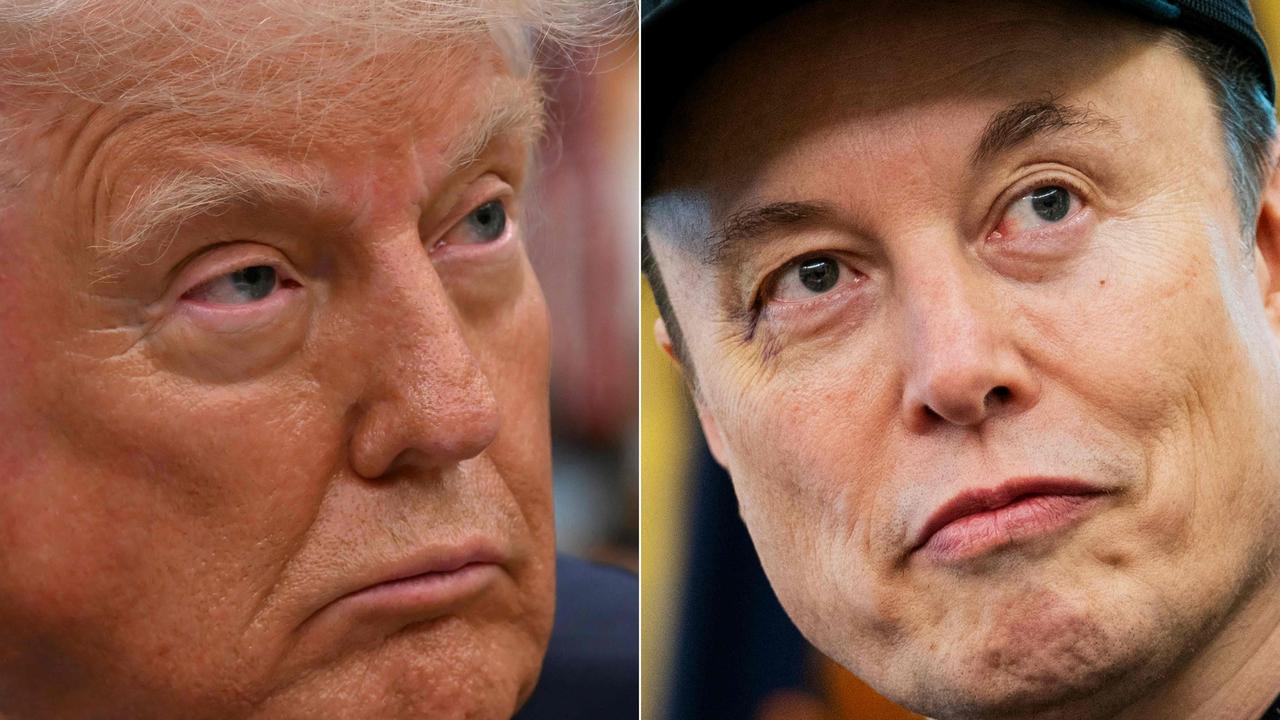
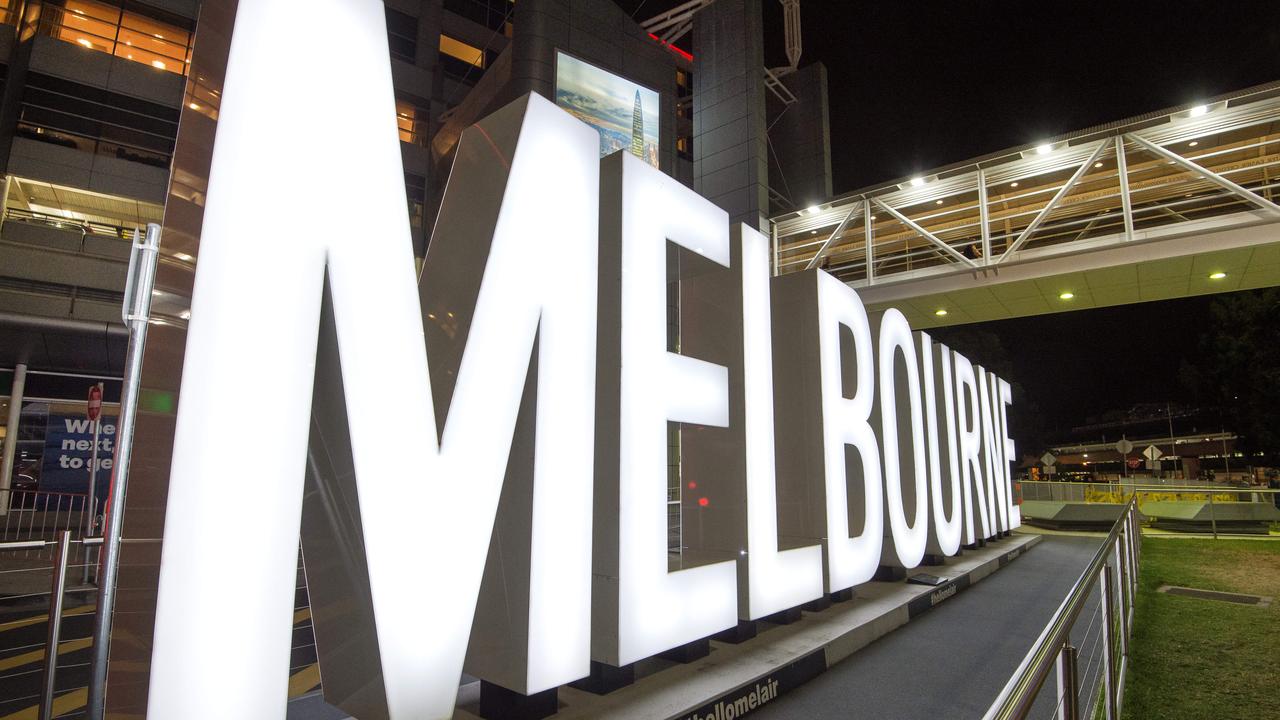
Rio Tinto board members must be wondering if they’ve left themselves exposed by pushing out their chief executive, Jakob Stausholm, just as a political storm threatens to hit one of their prized operations.